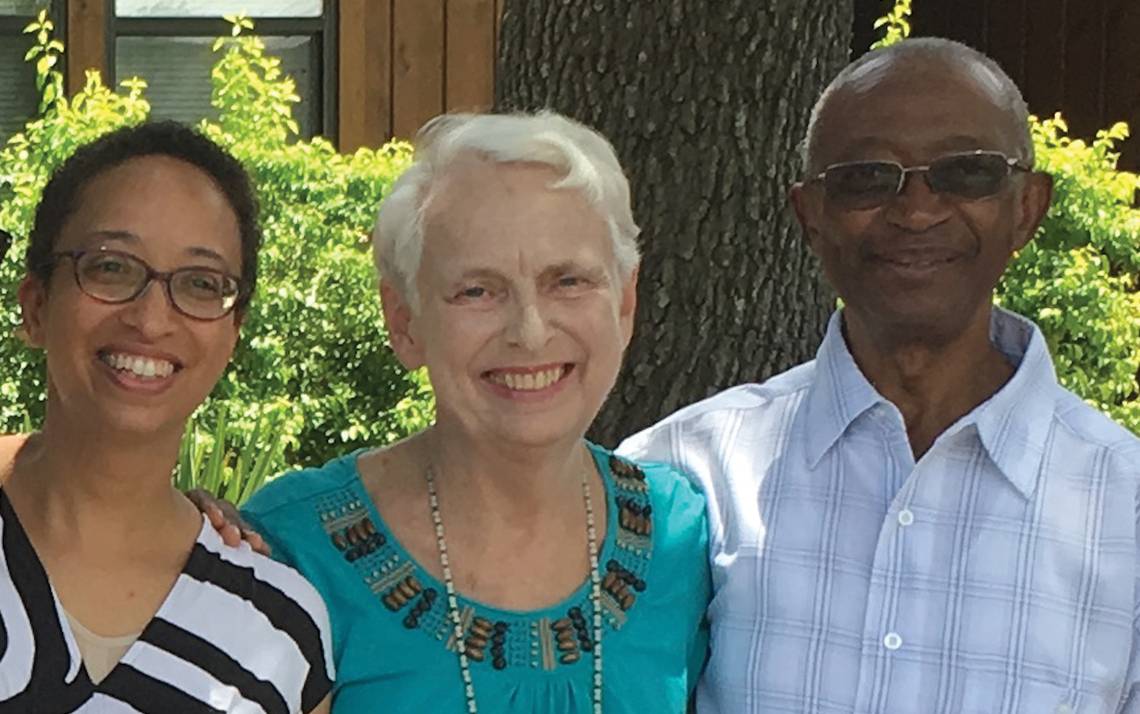A Lifeline for Caregivers
Get help caring for aging relatives through Duke’s Family Support Program

For Tsitsi Jaji’s father, remembering dates, names and historical events was easy as a professor and news junkie.
But four years ago, while Jaji visited her parents in Florida, she noticed her 73-year-old father, Lazarus, was forgetting names of relatives while working on a family tree project. Her father saw a neurologist and was diagnosed with cognitive impairment and prescribed medications to treat dementia symptoms. Jaji decided to move her parents to Durham to be closer to her, but she didn’t know where to start.
A Duke associate professor of English, Jaji turned to the Duke Family Support Program for help. The program offers confidential elder care consultations at no charge for employees with questions about family caregiving, memory disorders and elder care decision-making.
“It’s a lifeline,” Jaji said. “I was able to talk with someone who recognizes you're not a terrible daughter for not knowing these answers, and they say, ‘Great, here are some places to start.’ The program is good at normalizing needing help.”
Family Support Program staff members, who conduct about 175 annual consults with employees, offer hour-long consultations by phone or in person. Lisa Gwyther, the Duke Family Support Program’s director, said common questions involve moving an aging relative, memory loss, and family conflicts about decisions.
“People don’t look for information until they’re really in a crisis, and I think what distinguishes our service is that these people are not just thinking theoretically about elder care issues in general,” Gwyther said. “They have a specific question or issue that has come up that they have trouble figuring out.”
In addition to consults, the program provides monthly support groups for caregivers and family members to discuss issues and provide advice relating to aging and memory loss. Participation is free, and no RSVP is necessary.
Jaji has attended the “Daughters Concerned for Aging Relatives” group, where she talks with participants about caregiving experiences and doctor recommendations. She has brought her parents, who moved to Durham in October, to a support group for families navigating memory disorders.
With guidance from the Family Support Program, Jaji felt more confident moving her parents while helping them grow their social circle and maintain their independence in an apartment near her home.
“The support group was a chance for us to be reminded that memory loss is not an aberration, that a lot of people are going through a related set of challenges,” Jaji said. “When everything feels like it’s sort of falling apart, it’s really great to be around people who are just generally glad to see you or are just interested in what you have to say.”